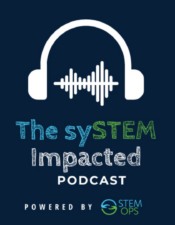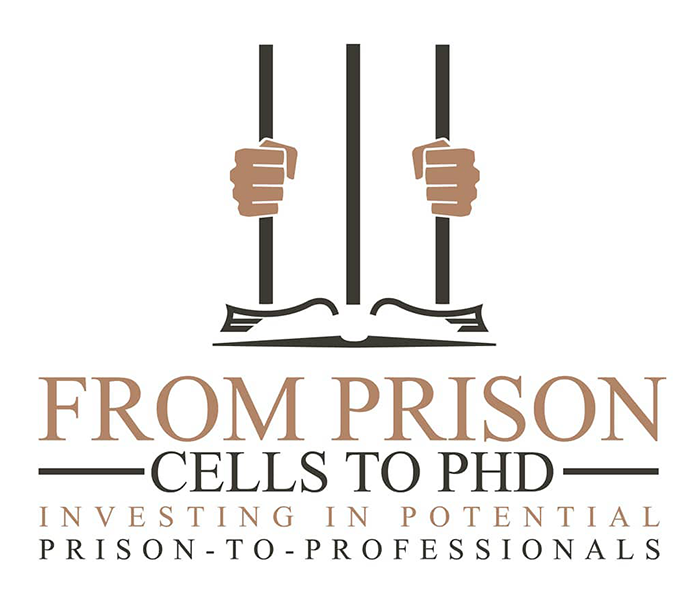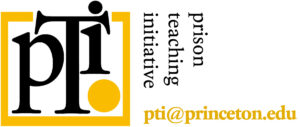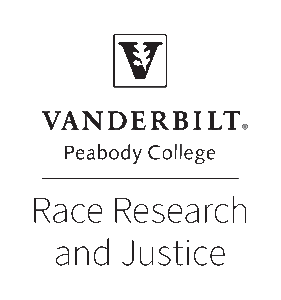The sySTEM Impacted podcast, led by host Christopher Etienne (PTI), shares stories of system-impacted people’s successes and struggles related to accessing STEM education and careers through discussions of topics such as mental health awareness and application of trauma-informed practices to support people impacted by incarceration.
The podcast provides a platform to allow people to recognize the power of their own voices and display the humanity in all of us. We hope to grant the public an intimate perspective on how these broader social issues directly impact at-risk populations by highlighting stories such as these.

Episode 7: Bridging the Divide: Exploring Educational Equity (Part 2)
Originally released December 21, 2023
In this episode, host Christopher Etienne and guest Boris Franklin continue their discussion concerning access to educational opportunities for students in low income and more affluent communities. They use personal narratives, coupled with research, to explore inequities in K–12 education and discuss current impacts and potential strategies that could be implemented to create more equitable access.
Episode 6: Bridging the Divide: Exploring Educational Equity (Part 1)
Originally released October 24, 2023
In this episode, host Christopher Etienne and guest Boris Franklin dive into access to educational opportunities for students in low-income and more-affluent communities. They use personal narratives coupled with research to explore inequities in K–12 education and discuss current impacts and potential strategies that could be implemented to create more equitable access.
Episode 5: Perspectives from Justice-Impacted Scholars and Professionals (Part 2)
Originally released June 29, 2023
In this episode, host Christopher Etienne dives into the story of incarcerated Muslim American scholar Adham El-Sherbeini, who discusses his experiences with the American culture in school, and the support systems and influences that prompted him to embark on his journey from incarceration to education and beyond. Adham identifies the challenges that justice-impacted people encounter on their educational and professional journeys and offers insight into strategies that can be implemented to make the STEM field more accessible and inclusive to justice-impacted people. This is Part 2 of a two-part episode contrasting the lives of two formerly incarcerated people studying or working in STEM.
Episode 4: Perspectives from Justice-Impacted Scholars and Professionals (Part 1)
Originally released December 15, 2022
In this episode, co-hosts Terrell Blount and Christopher Etienne talk with Majid Mohammad, a doctoral student at the University of California Santa Barbara specializing in the study of superconducting photon detectors for quantum and astrophysical applications. Majid shares how his exposure to college in a California prison motivated him to pursue a degree in physics upon his release and to become an advocate for others in prison to receive a college education. He also discusses other life experiences that shaped who he is today. This is Part 1 of a two-part episode contrasting the lives of two formerly incarcerated people studying or working in STEM.
Episode 3: Energy and Environmental Justice
Originally released June 17, 2022
This episode explores energy and environmental justice with Operation Fuel’s Executive Director Brenda Watson, who is elevating awareness as well as challenging the structural causes of home energy affordability. Watson’s professional career spans 20 years in the areas of energy affordability, transportation planning, municipal government, and community organizing.
The financial burden that low-income communities and communities of color face when it comes to energy consumption is indeed a societal issue, not one that specific to that community. It is up to lawmakers and people no matter where they land in the social strata, to make informed, sound policy and advocacy decisions that improve the lives of those who are disadvantaged if our goal is to move toward a more just society.
For more information about Operation Fuel, visit https://operationfuel.org
Episode 2: STEM and the School-to-Prison Pipeline
Originally released February 28, 2022
“Zero-tolerance” and other harsh school disciplinary practices have led to Black students being suspended 3 times more than their white counterparts. School pushout has also led to over 50% of young Black men not graduating with their high school diplomas, and over 60% coming in contact with the prison system.
This episode features Dr. H. Richard Milner, author and distinguished professor of Vanderbilt University. Dr. Milner breaks down how elementary and high school teachers and staff can adjust their curricula, teaching styles, representation of teachers of color in STEM courses, and attentiveness to students of color and students as a whole, to curb the rates at which young people are entering the prison system.
Sources:
American Civil Liberties Union: https://www.aclu.org/issues/juvenile-justice/school-prison-pipeline/school-prison-pipeline-infographic
Columbia University Freedom and Citizenship: https://freedomandcitizenship.columbia.edu/content/breaking-school-prison-pipeline-bringing-restorative-justice-your-school
Episode 1: Trauma-informed Teaching and Holistic Teaching Practices in Carceral Spaces
Originally released January 5, 2022
According to the Bureau of Justice, 32% percent of people in federal prison and 40% of all incarcerated individuals report at least one disability. The trauma that individuals experience or currently endure take away from one’s ability to learn in the classroom, especially when gone unaddressed.
Guests: Maiya Monteiro and Kristi Webb of the Maya Angelou Charter School speak about what it means to be an effective instructor in carceral classrooms, and how they are able to use a more holistic approach to teaching that acknowledges and addresses individual and societal issues their learners face.
Please take 1 minute to fill out this survey about how this podcast may have influenced you or helped you learn new information. Your response will help STEM-OPS learn about our shared impact on messages about people impacted by incarceration and help us improve our approach to changing societal narratives.





